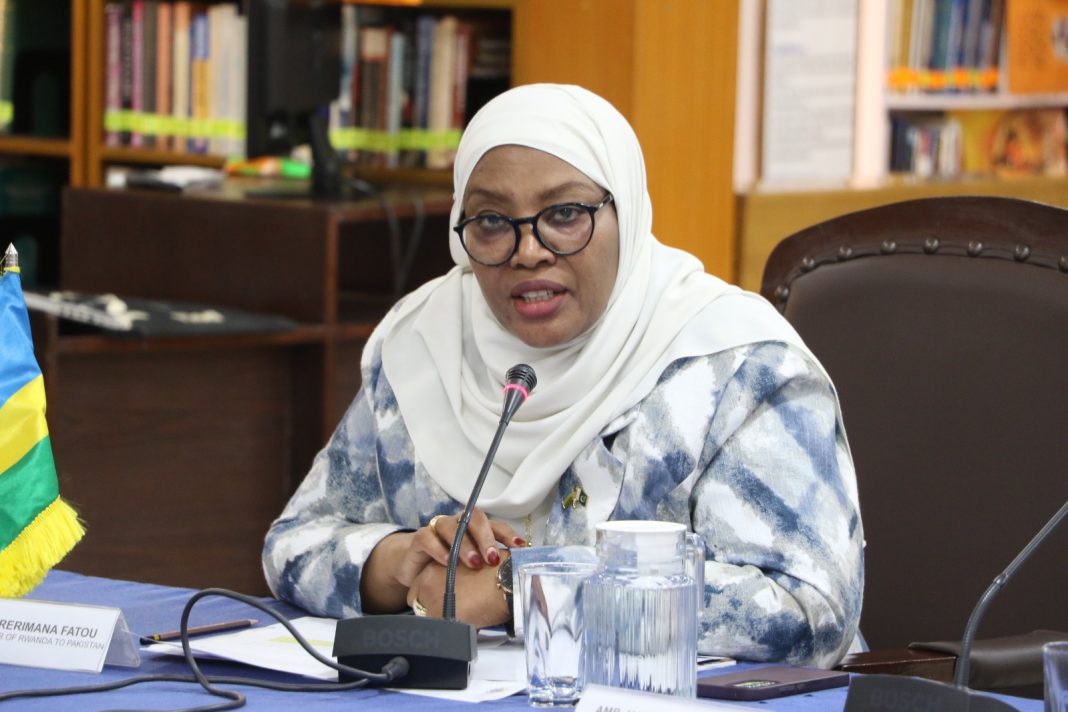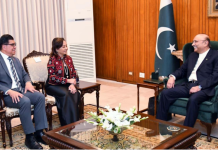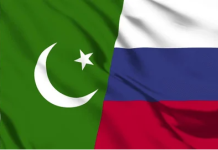Islamabad, – The Centre for Afghanistan, Middle East & Africa (CAMEA) at the Institute of Strategic Studies Islamabad (ISSI), in collaboration with the Pakistan Africa Institute for Development and Research (PAIDAR), organized a special event to mark Rwanda’s Liberation Day. The ceremony, held at ISSI, began with the national anthems of Pakistan and Rwanda, followed by insightful discussions on Rwanda’s remarkable post-genocide transformation and the growing partnership between Pakistan and Africa.

Dignitaries Reflect on Rwanda’s Journey and Global Lessons
The event was moderated by Ms. Amina Khan, Director CAMEA, and featured remarks from eminent speakers, including:
- Ambassador Sohail Mahmood, Director General ISSI
- Ms. Harerimana Fatou, High Commissioner of Rwanda to Pakistan
- Mr. Muhammad Naeem Khan, High Commissioner of Pakistan to Rwanda
- Lt Col Shyaka Kajugiro Ismail, Defence Attaché, High Commission of Rwanda to Pakistan
- Ambassador Khalid Mahmood, Chairman BOG ISSI
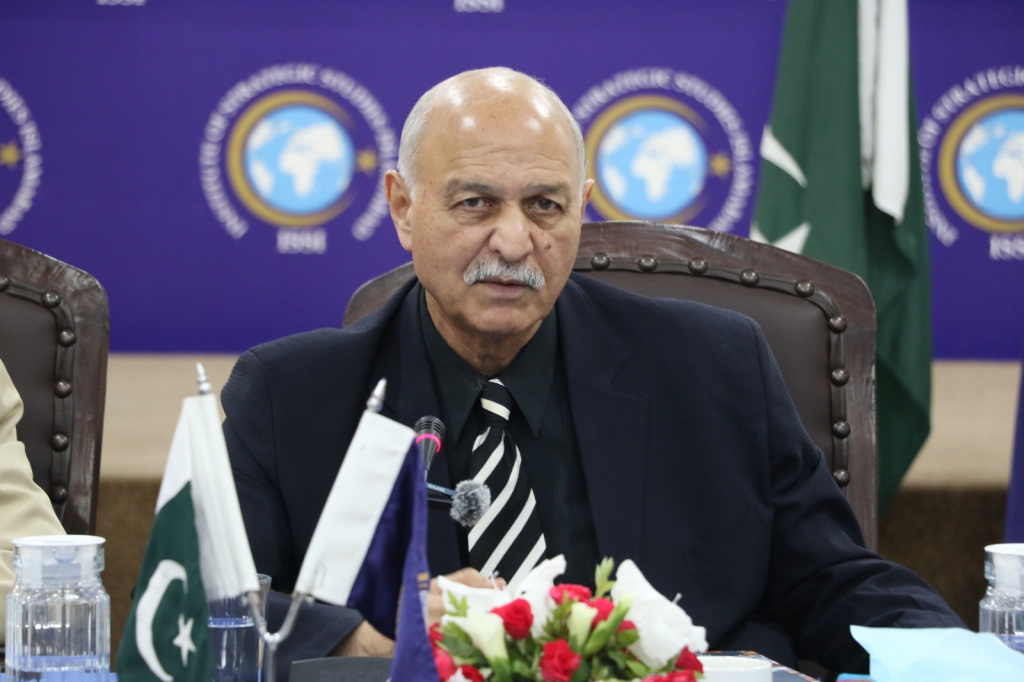
The Chief Guest, Senator Mushahid Hussain Sayed, President PAIDAR, underscored the significance of Rwanda’s Liberation Day as a testament to the nation’s resilience. He lauded President Paul Kagame’s leadership in unifying Rwanda after the 1994 genocide, which he described as a triumph of national will over tragedy. Drawing parallels with contemporary global crises, Senator Sayed condemned the international community’s double standards, citing ongoing atrocities in Gaza alongside past genocides in Rwanda and Bosnia. He also emphasized the potential for stronger Pakistan-Rwanda ties in trade, defence, and South-South cooperation.
Rwanda’s Transformation: A Beacon of Hope
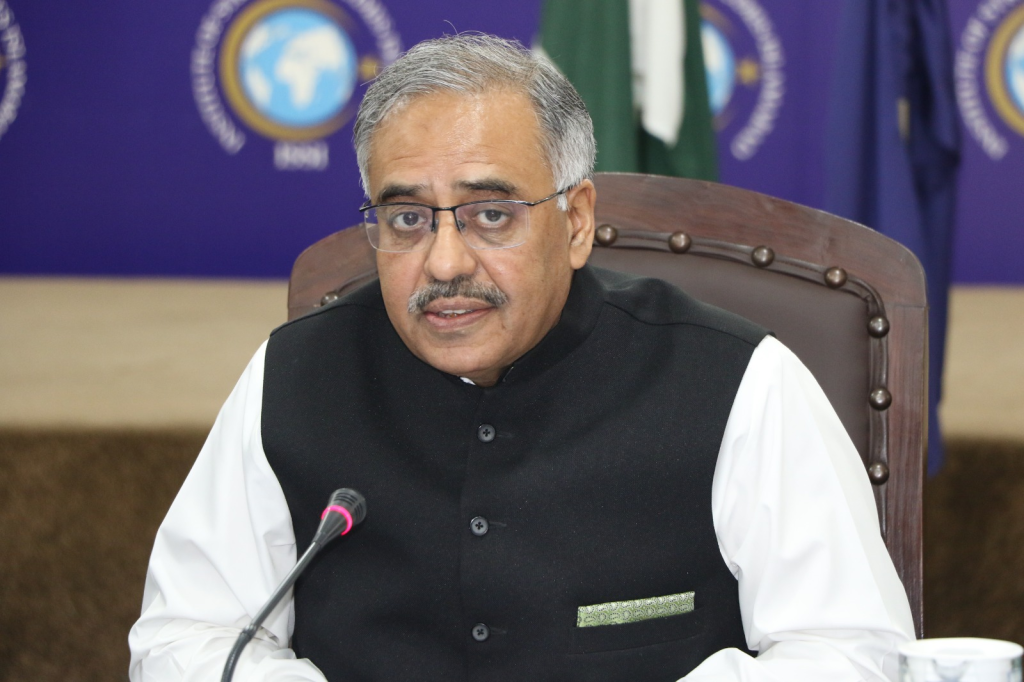
Ambassador Sohail Mahmood reflected on Rwanda’s journey from the horrors of genocide to becoming a model of reconciliation, digital innovation, and sustainable development. He highlighted Pakistan’s “Engage Africa” policy and recent diplomatic milestones, including the exchange of resident missions and Foreign Minister Olivier Nduhungirehe’s visit to ISSI. Ambassador Mahmood also noted Pakistan’s contributions to UN peacekeeping in Africa, including Rwanda, as a symbol of Islamabad’s commitment to continental stability.
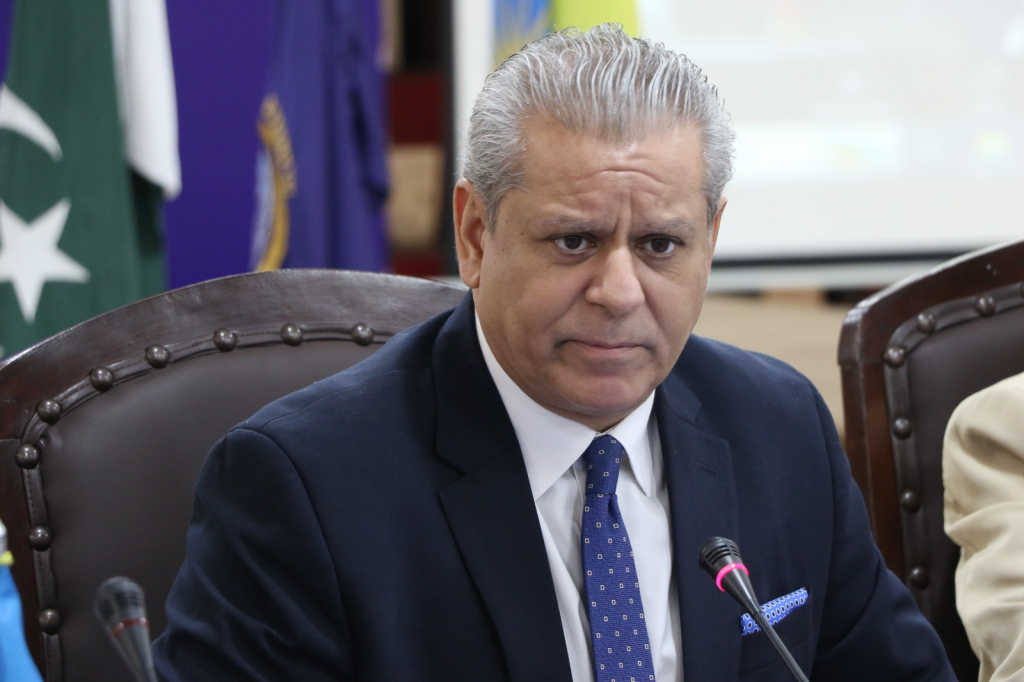
Ambassador Hamid Asghar Khan, Additional Secretary (Africa) at MOFA, termed the Rwandan genocide a “failure of the UN system” and drew stark comparisons with Gaza. He praised Rwanda’s progress under President Kagame and outlined opportunities for Pakistan-Rwanda collaboration in education, IT, and tourism.
Strengthening Bilateral Ties
Ms. Harerimana Fatou detailed Rwanda’s socio-economic revival, attributing its success to visionary leadership and inclusive policies. She welcomed expanding bilateral relations, evidenced by recent MoUs and growing trade links.
Mr. Naeem Khan highlighted the surge in Pakistan-Rwanda trade—from $34 million to $127 million—and increasing people-to-people exchanges, including scholarships for Rwandan students.
Lt Col Shyaka Kajugiro Ismail recounted Rwanda’s historical struggles, stressing the importance of self-reliance in liberation. Meanwhile, Ambassador Khalid Mahmood commended Rwanda’s post-genocide achievements, including poverty reduction and gender-inclusive peacekeeping, expressing optimism for its future.
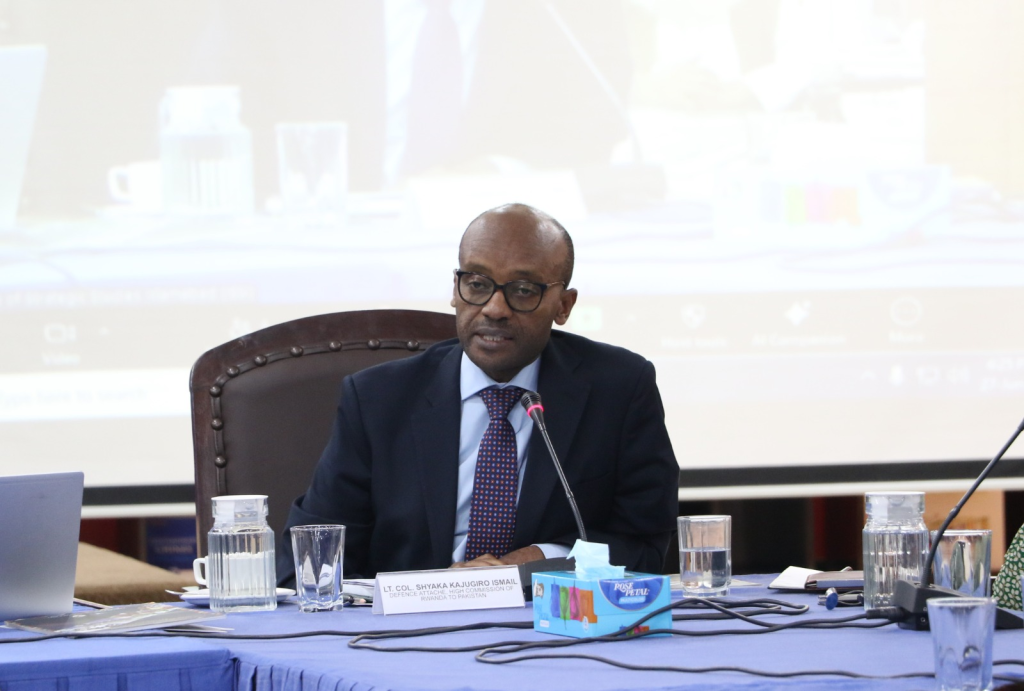
A Call for Global Justice and South-South Solidarity
Speakers unanimously condemned international inaction during past and present genocides, urging a reevaluation of global governance. The event concluded with a resolve to deepen Pakistan-Africa ties, leveraging shared histories and mutual aspirations for peace and development.
BY:
CAMEA (ISSI) and PAIDAR are premier research bodies fostering dialogue on strategic issues, with a focus on Pakistan’s engagement with Africa, the Middle East, and Afghanistan.


